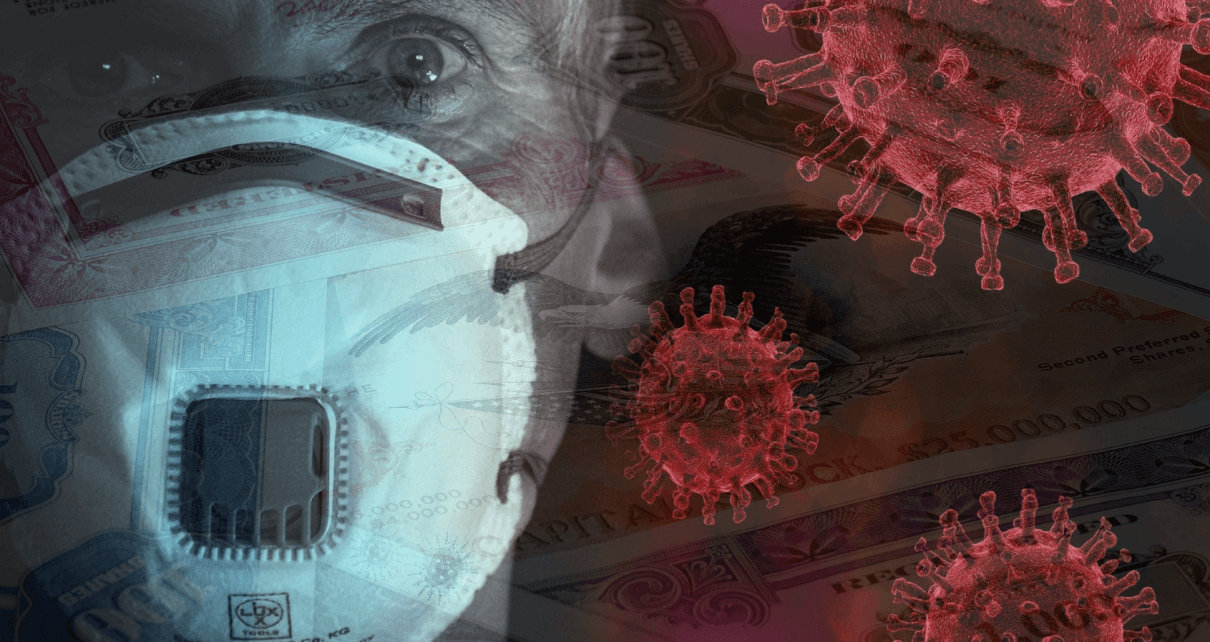As the COVID-19 pandemic puts the economic balance of every country in jeopardy, the scrutiny of bonds has begun. However, the Fed assures American investors that it is in favor of the corporate bond market.
Federal Reserve is open about purchasing key exchange-traded funds and investment-oriented assets that are on hold. It is the decision that works in favor of buyers of corporate bond ETFs. However, the Fed eventually chose investment-grade bonds rather than high-yielding bonds. But the decision is raising more answers than conforming investors’ needs.
New Market: Low-risk bonds purchase opportunities
Here’s an extensive list of low-risk bonds that you can purchase:

New Market: High-risk bonds purchase opportunities
Here’s an extensive list of high-risk bonds that you can purchase:

Extensive follow-ups
Equity specialists recommend that you should be able to switch ideas and then make relevant follow-ups. It is a continuous process that requires how you differentiate between the downgraded value of bonds with the utmost discretion.
That said, if conditions become more tumultuous, you should review your base strategy halt buying more than you have to. Currently, you can have a follow-up strategy on:
- AXA – Buy
- BMW – Keep
- Disney – Keep
- ING – Keep
- Fol Apple – Accumulate
- Ferrovial – Keep
- Visa – Keep and purchase on weaknesses
- Chevron – Keep and purchase on weaknesses
- BNP Paribas – Keep and decrease on strengths.
- Amazon – Accumulate
- Sampo – Keep and avoid purchasing more
- Fresenius – Long-term keep
- Exxon Mobil – Sell
- Infineon – Keep and don’t buy more
- Paypal – Sell and get the profits
- DSM – Purchase on weaknesses
- Telefonica – Keep but avoid more purchases
Review your investment strategy
Realistically, investors might prefer to hold onto their portfolio because of the market’s volatility. Unfortunately, holding cash no longer renders safe returns due to negative volatility rates in the US and Europe.
Investors, however, are aware of the common drawbacks of holding excessive has that leads to opportunity costs and inflation. Therefore, investors can find numerous chances to rebalance their portfolio to achieve optimal risk-tolerance threshold.
Buying Bonds: Market considerations
The bonds market will inevitably revert to the original value of bonds once the nightmare of the pandemic is over. However, the proposition of the bonds in the foreseeable future requires careful consideration. Besides, high returns, after all, come with high risks.
So, look for the right exit options and creditworthiness. Concurrently, make sure the bonds you intend to buy avoids the wrath of legal technicalities. The best course of action would be to stay away from complicated bonds and search beyond ratings.
Additional market opportunities
As of now, you can stress-free purchase Deutsche Telekom, AT&T, and Swiss Life. Besides, world equity indices that the inclusion of high-dividend stocks will be more promising in the upcoming months. Contrarily, you should sell PayPal stocks and get the profits.
The all-time spike in PayPal has turned into one of the best winners amidst the coronavirus crisis. Although the progressive trend is currently positive, this shift is restricted for the short or medium-term. Therefore, the wise decision would be to take out the profits as soon as possible.
The following comprehensive list can help you dive deeper into investment-grade bonds with floating rates:
Conclusion
The Fed understands that the investment-grade bond market deserves the spotlight. But the pandemic crisis is undoubtedly putting more pressure on federal government bonds. Consequently, the interest and demand for corporate bonds is back again.
The dysfunctional nature of the current bond markets is stressing out central banks. Comparatively, the existing bonds market is suffering from an external shock rather than a logical triggered pattern like the global financial crisis. Nonetheless, with more bonds markets stress, central banks may have to offer more considerable rescue packages.





